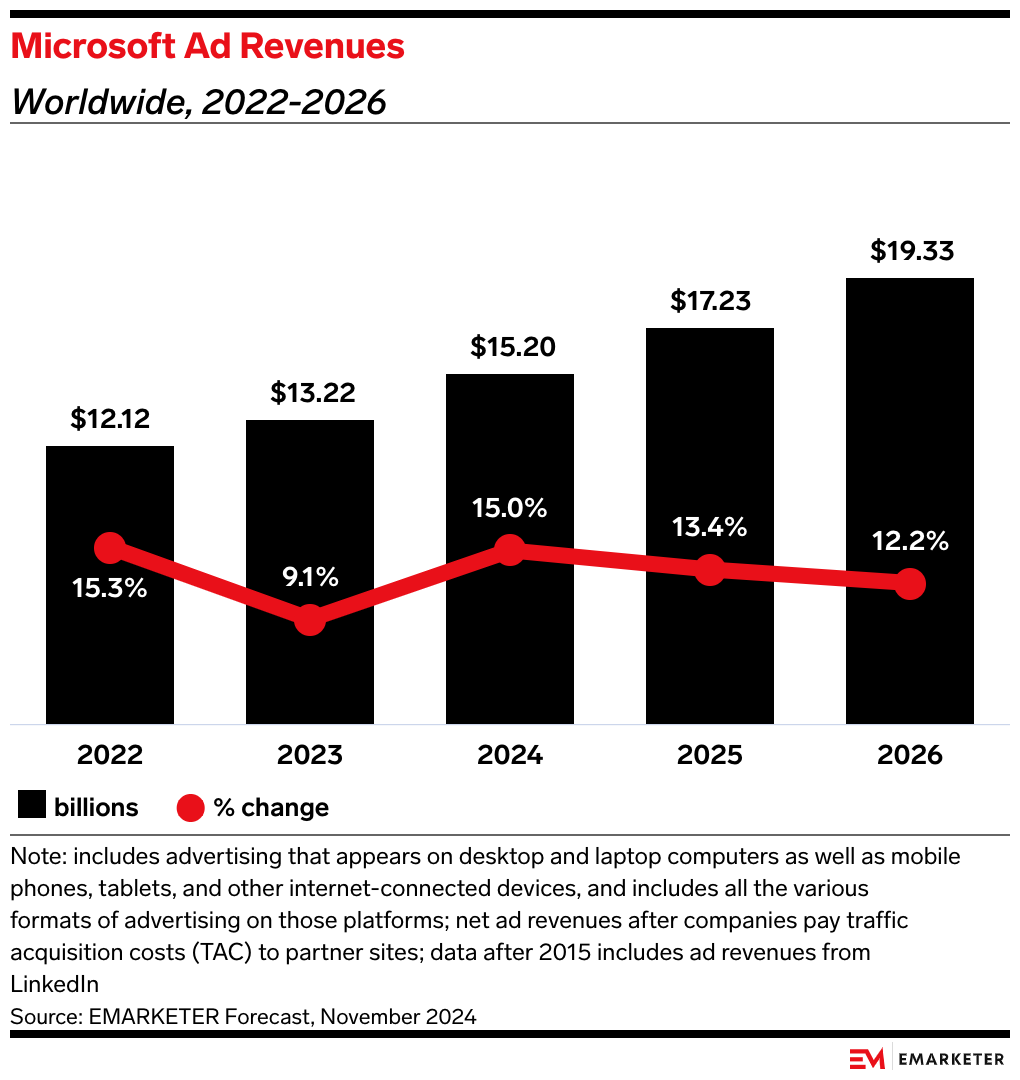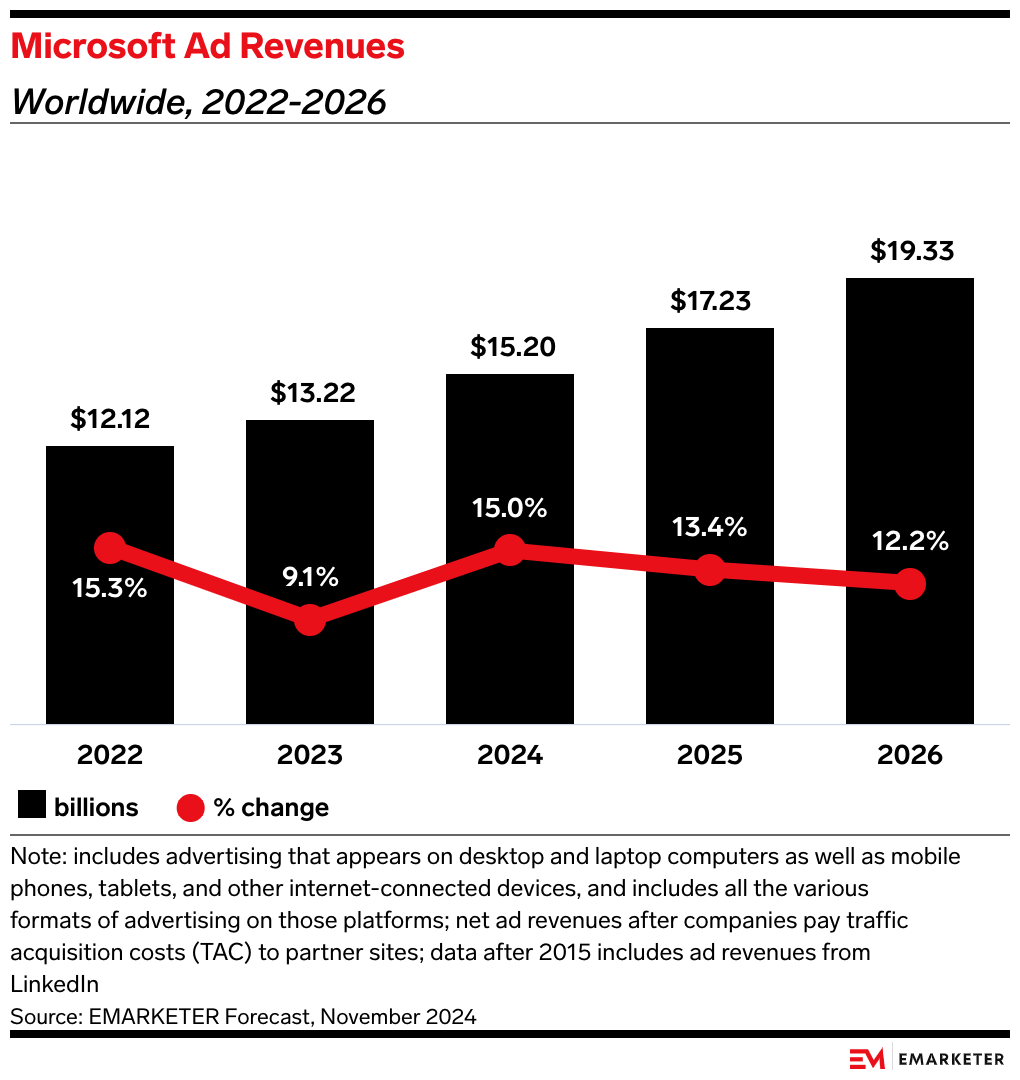Events & Resources
Events
Register for an upcoming webinar and track which industry events our analysts attend.
Learn More →Topics
See All Topics →Latest Articles
Explore our Research →Tariffs put over $2 trillion in trade with Mexico, Canada, and China at risk
Article |
Mar 6, 2025
4 IRL retail trends and what they mean for brands
Article |
Mar 6, 2025
Apple's new social app reveals event opportunities for marketers
Article |
Mar 6, 2025
Reddit sees growth as users seek relatable content
Article |
Mar 6, 2025
Creatives struggle with inconsistent metrics when measuring ad performance
Article |
Mar 5, 2025
GenAI-influenced reviews, research, and recommendations craft a new era for shoppers
Article |
Mar 5, 2025
Brands find creator economy use cases for AI
Article |
Mar 5, 2025
Target faces 40-day boycott as it deals with tariffs, economic blackout
Article |
Mar 5, 2025
Microsoft Copilot launches AI-powered ad features to vie for ad dollars in the chatbot space
Article |
Mar 5, 2025
Millennials lead in wearable tech as Gen Z adoption grows
Article |
Mar 5, 2025
About
Our Methodology
Rigorous proprietary data vetting strips biases and produces superior insights.
Learn More →
